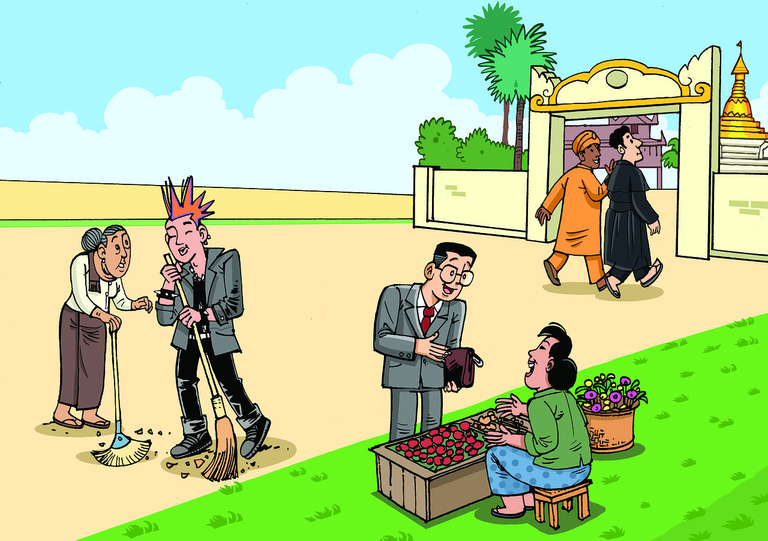
When we show up at the office, we gotta collaborate with all sorts of folks - people of different backgrounds, personalities, beliefs, and work styles. While having diversity can spark awesome ideas and innovation, it can also cause misunderstandings and conflict if we're not careful. That's why developing tolerance at work is so essential for productivity.
What's tolerance mean here? Basically accepting differences and being willing to work together despite them. We may not always get where someone's coming from, but we should still treat them with respect. Building tolerance takes effort, self-awareness, and keeping an open mind.
Why Tolerance Matters
Workplaces that promote tolerance of individual differences reap some sweet rewards:
More innovation and creative problem-solving. When we really listen to diverse perspectives, we often gain new insights that lead to outside-the-box solutions. Bringing together staffers with different cultural backgrounds, thought patterns, and approaches gets the juices flowing.
Better teamwork and communication. Prejudice divides folks, tolerance brings them together. Teams thrive when members feel respected. Fostering understanding makes people more likely to share ideas without worrying about judgment.
Higher morale and productivity. Employees who feel valued and accepted are generally more motivated and driven. On the flip side, discriminatory environments breed resentment, anger and discouragement - all things that tank productivity. Promoting tolerance prevents unnecessary conflicts so people can work harmoniously.
Good company image and recruiting/retention. Inclusive and respectful cultures attract all sorts of talented candidates. No one wants to work where discrimination flies. Supporting diversity and equal opportunity makes a biz an appealing, modern workplace.
How can we get more open-minded with colleagues day-to-day? A few key tips:
Check hidden biases. We all have unconscious biases about folks different than ourselves - around race, gender, age, culture, etc. Noticing those subtle prejudices is step one so we can catch biased thoughts when collaborating.
Avoid stereotyping. Just because someone looks/acts a certain way doesn’t mean they fit some mold. See coworkers as individuals, not representatives of entire groups. Make an effort to know them for who they are.
Find common ground. Rather than focus on surface differences, look for shared interests, values and goals. You might align around family, creativity, sports, or helping customers. See what brings you together.
Dialogue respectfully. Ask thoughtful questions to understand different views - don't instantly dismiss ones you disagree with. Listen without interrupting. Share your perspective calmly without attacking. Keep an open mind vs needing to “win.”
The awesome working relationships and next-level success tolerance provides are well worth going the extra mile. While diversity can initially test us, meet it with patient curiosity - huge rewards come when we embrace tolerance!
Bottom line - the office hums along best when everyone contributes responsibly while feeling respected. My hope is that by building empathy, overcoming personal hangups, and finding common bonds with different coworkers, we can build understanding - and in turn, boost workplace morale, innovation and results.